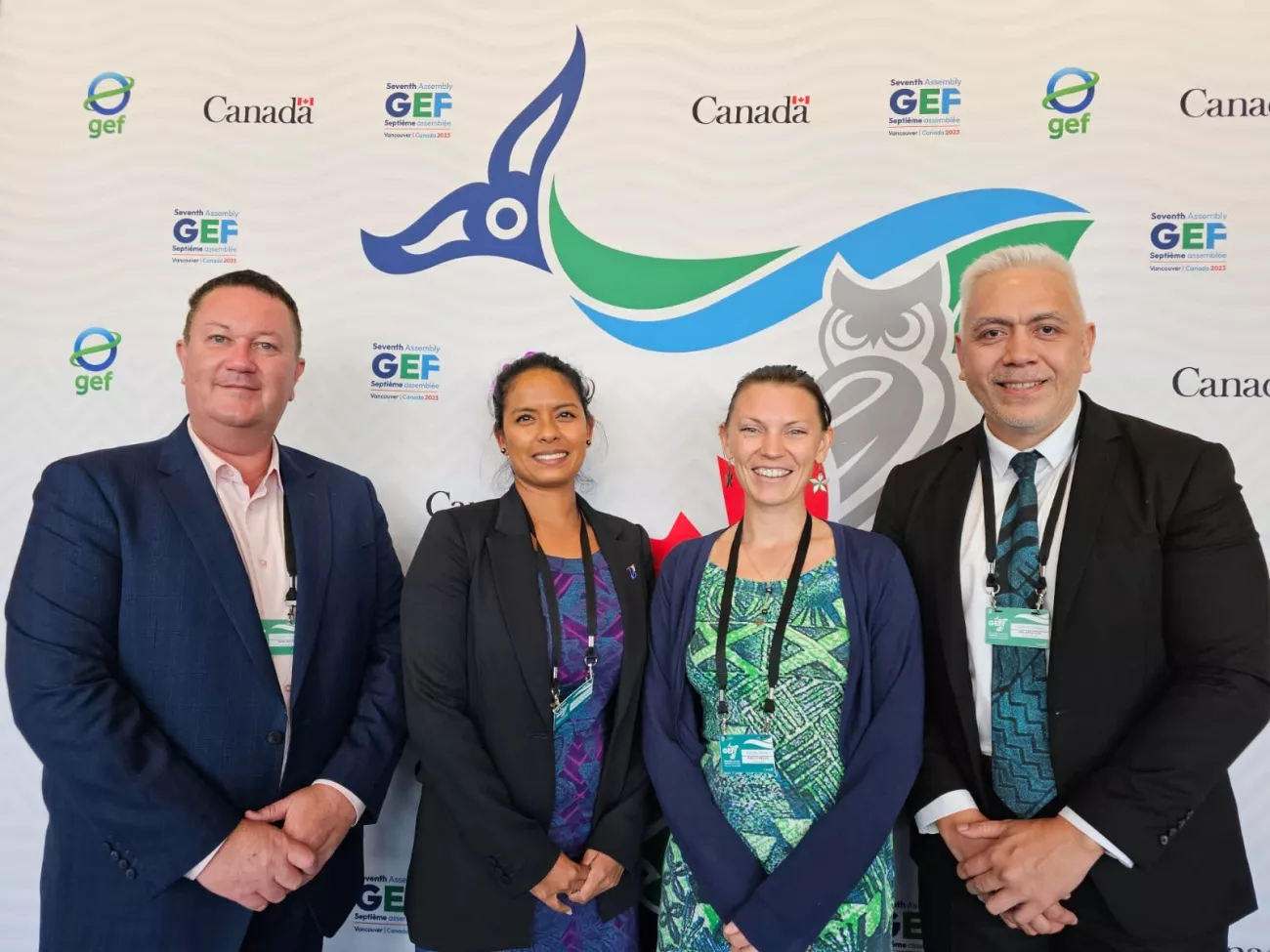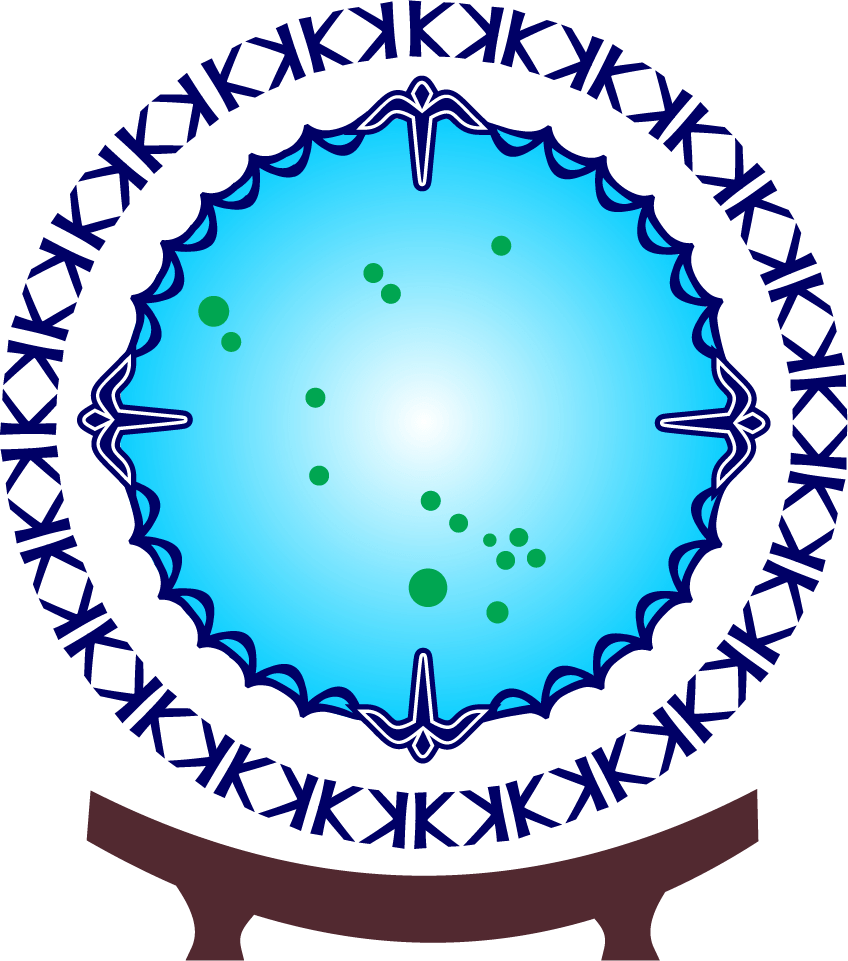
Rarotonga, Cook Islands, 31 August 2023 - Amidst smoky skies of the worst wildfire season ever recorded in Canada, a Cook Islands delegation joined 1,500 participants from 185 countries on the traditional and unceded lands of the First Nations of Canada, where they converged towards the Vancouver Convention Centre forming an assembly of ministers, government officials, business leaders, environmentalists, international agencies and environmental conventions along with representatives of youth groups, civil society, gender representatives and Indigenous Peoples to discuss solutions to ensure a healthy planet with healthy people.
The agenda of the 7th Global Environment Facility (GEF) Assembly builds on recent diplomatic breakthroughs on biodiversity loss, toxic chemicals, and the high seas serving as a point of critical stocktaking for 2030 goals to end pollution and nature loss, combat climate change, and propel inclusive, locally-led conservation.
The launch of the Global Biodiversity Framework Fund, a new source of funding for protecting species and ecosystems globally, was a much awaited and applauded outcome of the Assembly. Canada, as the host country of the Assembly, was the first country to donate seed funding of U.S. $200-million to the Fund. The United Kingdom followed with their respective pledge and encouraged other countries to contribute.
The Cook Islands EEZ extends across two million square kilometres, representing 99.99% of our territory. The protection and sustainable use of our ocean and its rich life is of paramount importance for our island nation as traditional stewards of our lands and seas. Despite our minimal territorial mass, we also dedicate our national resources to protect our unique land fauna and flora. In this regard, the topics discussed in this Assembly were central to our national development goals and considerations.
In his plenary statement at the opening of the Assembly, National Environment Service (NES) Director Halatoa Fua, stated “We heard over the last few days how we have to accelerate our implementation efforts. As we continue to adapt to new realities, we are faced with the daunting task of financing our conservation efforts with limited resources and inadequate fiscal infrastructures.”
Through the NES, GEF’s current active, approved projects and available funds to the Cook Islands total U.S. $19-million. The funds are used for projects that focus on biodiversity, land degradation, climate change, chemicals and waste, and international waters. It includes U.S. $3.5-million currently implemented for GEF7, and U.S. $15-million planned for GEF8, which will start implementation in 2025.
In his remarks to the plenary during the closing ceremony, Canada’s Prime Minister, the Honourable Justin Trudeau, reminded the plenary of the importance of the interconnection between countries, oceans, and people of the world, which necessarily meant that we are, therefore, directly responsible for one another. He strongly encouraged the Assembly to work together as now was the time to secure the promise of a better future for everyone.
The Cook Islands delegation was co-led by NES Director Fua and Ministry of Foreign Affairs and Immigration (MFAI) Director of Treaties, Multilaterals and Oceans Division Sandrina Thondoo.
Director Fua is the Operational Focal point whilst Director Thondoo is the representative of the Political Focal point. Other members of the delegation included NES Manager Hayley Weeks and Ministry of Finance and Economic Management (MFEM) Development Coordination Division Director, Mani Mate.
